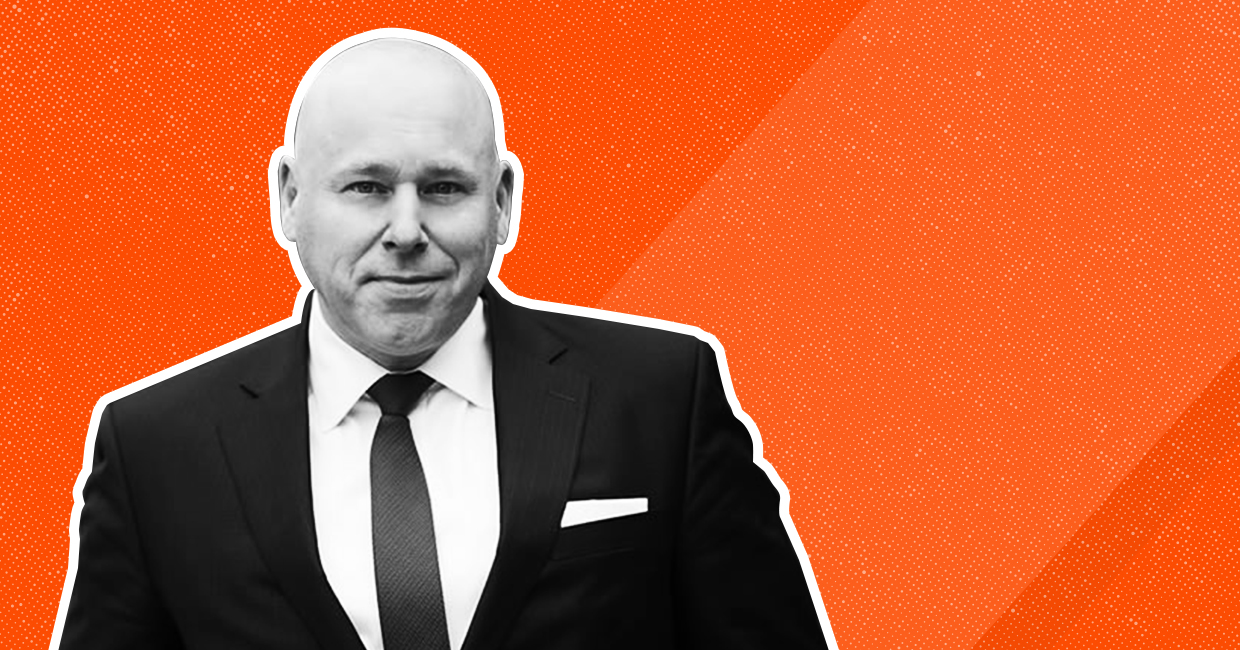There’s no question breaking into the buy-side of private equity is one of the most lucrative career paths for finance professionals.
Out the gate, analysts in private equity make about $114,000 on average in the U.S, similar to junior pay in banking. But further down the line is where PE managing directors and partners pull ahead of their investment banking peers, earning around $3.3 million in carried interest alone compared with the $1.1 million average total compensation of a managing director in investment banking.
“It’s the top of the snow pile in the back of the school yard – there are a lot of people clambering up the sides,” says Bill Vlaad, founder of Vlaad and Co, one of the top Bay Street financial services recruiters in Canada. “And while it’s not as ferocious as people throwing you off the hill, it’s definitely very difficult to get to the top of the hill.”
And in the highly competitive sphere, there are no shortcuts, no fast-tracks and above all, not enough space for everyone on the buy-side.
“There is an absolutely defensible argument to doing your MBA and (getting) involved in a lot of the social programs that go on at an MBA… enjoying your Thursday nights, taking a diverse range of courses and having an experience that broadens you as a finance professional,” says Vlaad. “But that will not get you into the private equity stream.”
TOUCHPOINT sat down with Vlaad to talk about the reality of breaking into the buy-side and what it takes to get there.
Get TOUCHPOINT stories delivered straight to your inbox.
TOUCHPOINT: Tell us the ideal candidate – who’s the private equity stream after?
Bill Vlaad: The private equity stream is looking for the person that is ultra-focused on this career path, the one that is the gold medalist at your school, the one who professors know in the finance class, the one who gets the interviews and gets the job at the big investment bank first. Your path to getting the premier job started the day you showed up for your MBA.
TP: So there’s no way to skirt the investment banking side of things?
BV: Really, the investment banker is the prime candidate to get into private equity. They’ve got the work acumen, they have the training, they have the basic fundamentals of the market.
TP: How does personality fit into the mix?
BV:There’s a pace and a cadence to every type of professional. There are professionals who have a cadence that lends well to trading – they need a quick reward. That’s great for sales and trading but in private equity you plant your vegetable and you sit back and wait and wait and wait. It’s a long process; the expectation of return could be seven or eight years down the road. It requires patience.
TP: But isn’t it possible to fight that nature, to adjust your outlook?
BV: You can, but I think over time it creeps in and it bites you in the butt. There’s a banker I worked with for years and she said if you want to get a job being X, the best way of doing that is to do a really good job at Y, because then people are going to talk about you, they’re going to want you on their team. If you don’t like what you’re doing and you’re not passionate about it, why fake it? Faking takes a lot of energy – I would argue it takes twice as much energy to fake something than it is to do it naturally. So, can you? I did it for many years. Investment banking was not my calling but it was very tiring and eventually, it creeps into your psyche and you realize the emperor has no clothes.
TP: Stepping back a little, why the two-year commitment?
BV: Two years is the window of change. If you can stick something out for two years, it gives you a great backbone. It’s a good foundational career.
Like a farm team for the NHL?
BV: If we’re speaking specifically of asset management or private equity on the buy-side they are the ones who go to the OHL and they pick the best players. They’re not the ones who go and say to prospects, ‘We’re going to give you a shot at the NHL’ – no, you already have to be good at what you’re doing. You can’t go from high school to private equity. Very few do. They go from high school to MBA or HBA, then investment banking to private equity.
TP: What’s your role as a recruiter? How do you find the best?
BV: We keep a tally of superstars. We take a look at the resume and then we go and take a look at the deals they’ve worked on that are public and we find out if they’re the meaningful deals.
TP: How do you suss out the fakers?
BV: There are questions that can be asked, market color that can be given. In interviews, we’ll ask typical modelling questions or we’ll get them to present some of the strengths of the M&A deal they just did between A Co. and B Co. and see how well they know the market or if they are just going and giving the company line; if they’ve just been sitting in a back room hammering away at a model but really don’t understand the dynamics of the business and you ask enough questions, you can find out whether this person’s got any substance behind them. If you’re faking it’s going to be exposed.
TP: But there has to be something you can do besides just putting your head down and working your butt off.
BV: I don’t know if there is. If you’re going to be the best track star on the track, you’ve got to run, even in your time off. These guys we talk to, these young people trying to get into these careers, they read the newspapers, they’re online, they eat, breathe and sleep this stuff and people say, well, that’s a bit excessive because they’re already working until one in the morning. Yeah, the difference being a net present value that is extremely high. If you stop and take your hand off the jet ski, the jet ski becomes very unstable. You’ve got to keep the pressure going because the second you stop, there are two other jet skis on your ass that want your job.
TP: In a sense, you’re saying the capital markets feed themselves?
BV: There are people who are always wanting to get into it. So, if young people start getting cocky or assuming they’re indispensable and irreplaceable, all they have to do is coast for a quarter and they’ll quickly find out that once they’re pushed out of the peloton, it’s very difficult to pedal back in…it’s a very unforgiving industry. It’s not that they punish you, but there are so many more people willing to take your spot.

TP: What about finding a mentor?
BV: One variable that could change your career is finding a meaningful person who’s a senior individual. Not a mentor, not somebody who’s going to tell you what to do right and what to do wrong but somebody who is going to promote you, to be there at the table for you. For that, you need to do a really good job because they’re going to put their name behind you. If you take a look at most ‘heads of’ or really progressive bankers or people in private equity that have done well, they’ve had a sponsor, a senior individual at their own firm or at another firm who they hooked their boat up to and said I’m going to make your life easy and in reciprocation you’re going to help make sure I don’t make any mistakes.
TP: There seems to be a clearly defined track for breaking into the buy-side but what about at an early stage, any advice for young people at the outset of their career?
BV: You’ve got to be willing to read all the books, to be in the market and be knowledgeable about the business at a level that is not just superficial. Because if it is, then you’re just there with the other fish. And if you’re there with the other fish, there may be a statistical chance that you will get a job at a higher level, an opportunity like a private equity shop, but your chances are very slim. I don’t think there’s a short cut – it takes a lot of investment and that has to be genuine.




